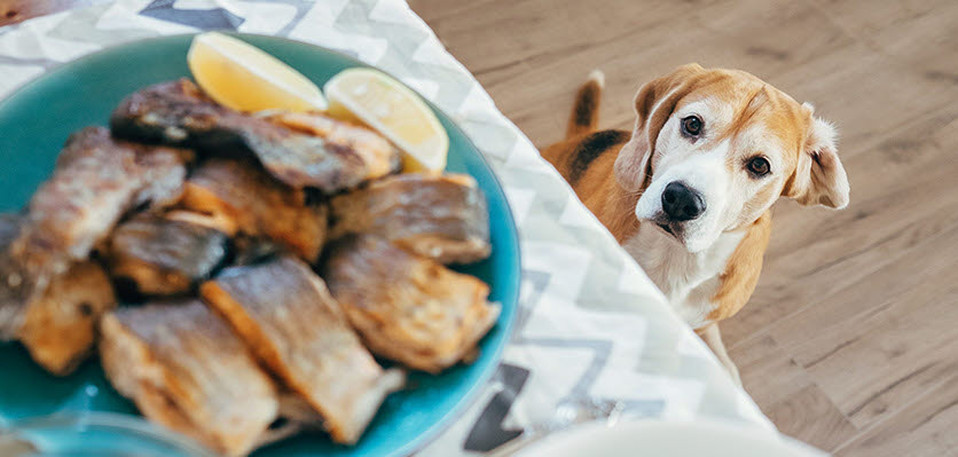Avoid an unplanned visit to the vet this Christmas
20 Dec 2017
The Australian Veterinary Association (AVA) is advising pet owners to be careful about keeping festive foods well away from animals this Christmas.
AVA President, Dr. Paula Parker, said that it’s common for veterinarians to treat pets that have become ill over Christmas as a result of ingesting food that can be harmful to animals.
“At Christmas time, there’s usually more food around and people can become complacent about keeping food away from family pets.
“Unfortunately, there are a number of foods that are toxic for pets and if they access these foods, either directly from being fed by someone or indirectly from picking it up off the floor, it can cause serious health issues, or in some cases even be fatal.
“It’s important that in the lead up to Christmas, owners are informed about the foods to avoid and take precautions to ensure pets don’t access them. The last thing we want over Christmas is for families to make an unplanned trip to the veterinarian,” Dr. Parker said.
Main foods to keep well away from pets include:
- chocolate – toxic to dogs and cats, even in small quantities
- nutmeg – one of the lesser-known poisonous foods. Dogs can suffer from issues with the nervous system including tremors, seizures, and even death
- avocadoes – contains a dangerous toxin which can damage the heart, lungs, and tissue of many different animals
- turkey skin, pork crackling, sausages and fatty meats – can lead to inflammation of the pancreas due to high-fat content. This can be extremely serious and even fatal
- onions and garlic – can cause gastric irritation and anaemia if they are consumed in large quantities
- grapes and raisins – can cause acute kidney failure
- macadamia nuts – can be toxic to dogs. Symptoms will likely occur within 12 hours and can include vomiting, increased temperature and elevated heart rate
- others – include dairy products, raw eggs, mushrooms, raw fish, citrus fruit, green potatoes and large quantities of tomatoes or salt.
Signs of food poisoning can vary from case to case. Some signs include vomiting, diarrhoea, lethargy, fever, and loss of appetite.
“If owners want to give their pets the occasional treat, they need to offer quality pet treats that contain the right nutrients to keep them healthy.
“In the lead up to Christmas, speak to your veterinarian about treats that will be suitable for your pet and if you suspect your pet has eaten something toxic, you should contact your veterinarian immediately,” Dr. Parker said.
For further information and requests for interviews contact the AVA media office on 0439 628 898 or media@ava.com.au.
The Australian Veterinary Association (AVA) is the only national association representing veterinarians in Australia. Founded in 1921, the AVA today represents 9000 members working in all areas of animal science, health, and welfare.
